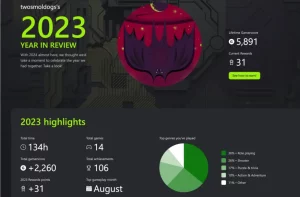AI’s potential impact on employment remains uncertain in the coming years, but one realm it cannot enter is that of obtaining patents. Dr. Stephen Thaler has dedicated years to securing patents for two inventions originating from his AI “creativity machine” DABUS. However, the United Kingdom’s Supreme Court has rejected his appeal to grant these patents with DABUS listed as the inventor, according to Reuters.
The court’s decision is grounded in a provision of UK Supreme Court patent law that specifies an inventor must be a natural person. The ruling clarified that the appeal did not address whether this requirement should evolve in the future. Thaler’s legal team emphasized, “The judgment establishes that UK supreme court patent law is currently wholly unsuitable for protecting inventions generated autonomously by AI machines.”
Thaler’s initial attempt to register patents for a food container and a flashing light occurred in 2018, where he applied as the owner of the machine responsible for the inventions. However, the UK’s Intellectual Property Office insisted on listing an actual human on the application. When Thaler refused, his application was withdrawn. Challenging this decision, he pursued legal action through the High Court and the Court of Appeal. Lady Justice Elisabeth Laing, during the Court of Appeal proceedings, asserted, “Only a person can have rights. A machine cannot.”
Thaler, an American, also sought patents for the same products from the United States Patent and Trademark Office, but his application was rejected. Additionally, he took legal action against the US Copyright Office (USCO) for denying him copyright for an artwork created by DABUS. The case reached the US District Court of Columbia, where Judge Beryl Howell’s ruling emphasized, “Human authorship is a bedrock requirement of copyright.” Thaler argued that this requirement was unconstitutional, but the US Supreme Court declined to hear his case, closing off further opportunities to present his argument. While the UK and US rejected Thaler’s applications, he found success in countries like Australia and South Africa.




